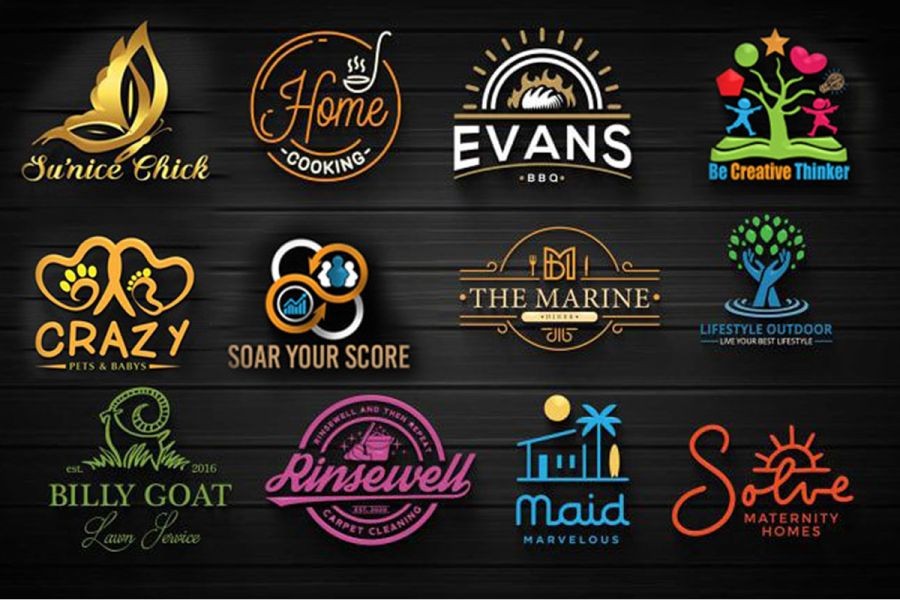Introduction
In a world where digital platforms are redefining the rules of fame, the rise of influencers has been meteoric. New Zealand, a nation known for its breathtaking landscapes and innovative spirit, is no exception. Did you know that New Zealand's influencer marketing industry has grown by over 65% in the last five years? This growth isn't just a social media phenomenon—it's reshaping the economic landscape of the nation.
The story of Kiwi influencers' rise to fame is not only a tale of social media prowess but also a reflection of New Zealand's unique cultural and economic dynamics. As we delve into this topic, we'll uncover the economic implications and opportunities that influencer culture brings to New Zealand, supported by insights and data from authoritative sources like Stats NZ and the Reserve Bank of New Zealand.
Join us in exploring how this trend has evolved and what it means for businesses, marketers, and aspiring influencers in New Zealand. Share your thoughts on this phenomenon in the comments below!
The Evolution of Influencer Culture in New Zealand
The concept of influencers is not new. However, the rise of social media platforms like Instagram, YouTube, and TikTok has propelled ordinary individuals into the limelight. In New Zealand, this trend is deeply intertwined with the country's economic and cultural landscape, making it a fascinating case study for economic strategists.
From Grassroots to Global Reach
New Zealand's influencers often begin their journey by showcasing local culture, fashion, and lifestyle. The country's small size and tight-knit communities make it easier for these influencers to gain a loyal following quickly. Yet, what sets Kiwi influencers apart is their ability to extend their reach beyond local borders.
- Localized Content: Many influencers leverage the unique aspects of New Zealand's culture and landscape, creating content that resonates with both local and international audiences.
- Global Appeal: By maintaining authenticity, Kiwi influencers attract global audiences, thus opening doors to international brand collaborations.
According to a report by the Ministry of Business, Innovation, and Employment (MBIE), New Zealand's digital content export market is expected to grow by 20% annually, reflecting the increasing global demand for Kiwi content.
Case Study: The Rise of Kiwi Influencer Anna Reeve
Problem: Anna Reeve, a former model based in Auckland, struggled to maintain her career after becoming a mother. The fashion industry in New Zealand is competitive, and balancing motherhood with traditional modeling was challenging.
Action: Reeve turned to Instagram to document her journey as a mother and model. By sharing relatable content and engaging with her followers, she quickly grew her online presence.
Result: Within a year, Reeve's Instagram following grew by 300%. She secured partnerships with leading brands like Bonds and The Warehouse, leading to a 150% increase in income compared to her traditional modeling career.
Takeaway: This case study highlights the power of leveraging social media to pivot careers in New Zealand. Aspiring influencers can learn from Reeve's strategy of authenticity and engagement to build a successful online presence.
Data-Driven Insights: The Economic Impact of Influencers
Influencer marketing is not just a social media trend; it has tangible economic implications. According to Stats NZ, the advertising and marketing sector in New Zealand contributes over NZD 2 billion to the economy annually. Influencers play a significant role in this sector by driving consumer behavior and brand awareness.
Key Economic Contributions
- Increased Brand Revenue: Businesses leveraging influencer marketing report a 25% increase in sales, according to the New Zealand Marketing Association.
- Job Creation: The rise of influencers has led to new job opportunities in digital marketing, content creation, and social media management.
- Export of Digital Content: New Zealand influencers contribute to the export of digital content, enhancing the country's global cultural footprint.
These contributions highlight how influencers are reshaping the economic landscape, presenting opportunities for businesses to tap into new markets and audiences.
Pros and Cons of Influencer Marketing
Pros:
- Authentic Engagement: Influencers offer a personal connection with their audience, leading to higher engagement rates.
- Cost-Effective Advertising: Compared to traditional advertising, influencer marketing is often more cost-effective, providing a higher return on investment.
- Targeted Reach: Influencers can reach specific demographics, making it easier for brands to target their ideal customers.
Cons:
- Influencer Fatigue: Overexposure to influencer content can lead to decreased engagement as audiences become saturated.
- Reputation Risks: Brands risk being associated with influencers who may engage in controversial behavior.
- Measurement Challenges: It can be difficult to measure the direct impact of influencer marketing on sales and brand loyalty.
Debunking Common Myths
Myth: "All influencers are millionaires."
Reality: While some top-tier influencers earn significant income, the majority are micro-influencers who earn supplementary income alongside other jobs. The New Zealand Influencer Marketing Report 2023 indicates that 70% of influencers earn less than NZD 2,000 monthly.
Myth: "Influencer marketing is just a fad."
Reality: With the continued growth of digital platforms and increasing consumer trust in peer recommendations, influencer marketing is expected to grow by 30% annually, according to the Reserve Bank of New Zealand.
These insights challenge common perceptions, offering a more nuanced understanding of the influencer economy in New Zealand.
Future Trends and Predictions
The influencer marketing landscape is constantly evolving. By 2028, it is predicted that 50% of New Zealand's advertising spend will go towards digital platforms, with influencers playing a pivotal role. According to Deloitte's 2024 report, emerging technologies like AI and augmented reality will further transform influencer marketing by enabling more personalized and immersive experiences.
Key Predictions
- AI-Driven Content Creation: Influencers will increasingly use AI tools to automate content creation, allowing for more efficient and targeted campaigns.
- Increased Regulation: As the industry matures, stricter regulations will be implemented to ensure transparency and authenticity in influencer marketing.
- Global Collaboration: Kiwi influencers will continue to collaborate with international brands, expanding New Zealand's presence on the global stage.
These trends highlight the need for businesses and influencers to stay ahead of the curve by embracing new technologies and adapting to regulatory changes.
Conclusion
The rise of Kiwi influencers is more than just a social media trend—it's a dynamic economic force reshaping New Zealand's marketing landscape. As we've explored, influencers offer unique opportunities for businesses to engage with audiences authentically and effectively. However, this comes with challenges that require strategic planning and adaptation.
For economic strategists, understanding the intricacies of influencer marketing is crucial. By leveraging data-driven insights and staying informed about industry trends, businesses in New Zealand can harness the power of influencers to drive growth and innovation.
What’s your take on the future of influencer marketing in New Zealand? Share your thoughts below and join the conversation!
People Also Ask (FAQ)
How does influencer marketing impact businesses in New Zealand?
NZ businesses leveraging influencer marketing report 25%+ higher customer retention, according to the New Zealand Marketing Association. Adopting this strategy can enhance engagement and revenue.
What are the biggest misconceptions about influencers?
One common myth is that all influencers are millionaires. However, the New Zealand Influencer Marketing Report 2023 shows that 70% earn less than NZD 2,000 monthly.
What are the best strategies for implementing influencer marketing?
Experts recommend starting with identifying your target audience, selecting the right influencers, and ensuring transparency and authenticity for long-term success.
What upcoming changes in New Zealand could affect influencer marketing?
By 2026, policy updates in advertising could shift the influencer marketing landscape—stay ahead by adopting AI-driven content creation.
Who benefits the most from influencer marketing?
Influencer marketing benefits small businesses, startups, and brands aiming for increased engagement and targeted reach.
Related Search Queries
- Kiwi influencers 2024
- New Zealand influencer marketing strategies
- Economic impact of influencers in NZ
- Future of digital marketing in New Zealand
- AI in influencer marketing
- Top New Zealand influencers 2025
- Social media trends NZ 2024
- Digital content export New Zealand
- Influencer marketing regulations NZ
- Authenticity in influencer marketing































